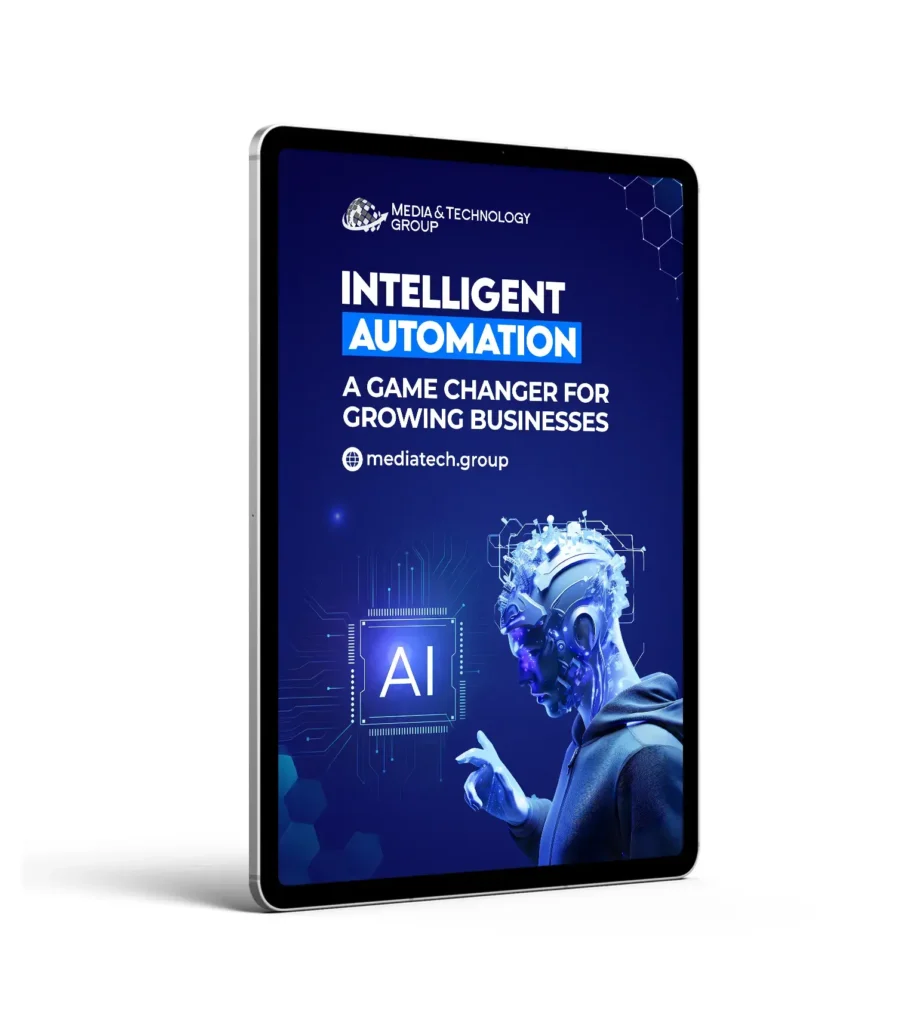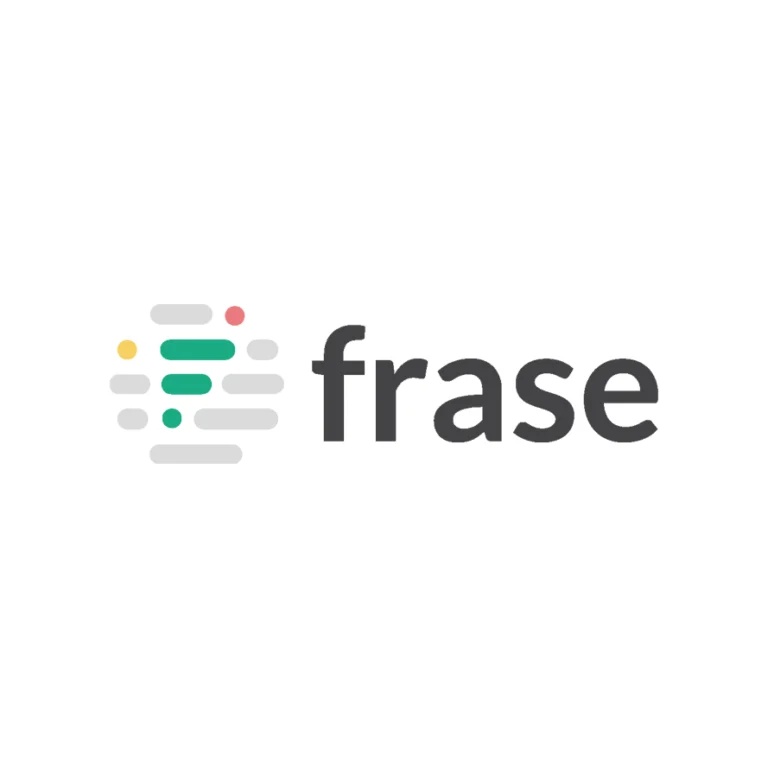In recent AI news, a growing debate has emerged surrounding the framing of artificial intelligence development as a geopolitical competition or “arms race.” This perspective has gained traction in both tech and policy circles, but it’s not without its critics. As AI continues to advance at a breakneck pace, it’s crucial to examine the implications of this competitive mindset and its potential impact on the future of AI development.
Understanding the AI Arms Race Narrative
The concept of an AI arms race suggests that:
- Nations and tech giants are in a high-stakes competition to achieve AI supremacy.
- Being first to develop advanced AI capabilities could provide significant economic and strategic advantages.
- Falling behind in AI development could pose national security risks.
The Case for Competition
Proponents of the arms race framing argue that:
- Innovation Catalyst: Competition drives rapid advancements and breakthroughs in AI technology.
- Economic Imperative: Leading in AI development could secure economic advantages and job creation.
- National Security: Advanced AI capabilities are increasingly seen as crucial for defense and cybersecurity.
The Concerns: Why Experts Are Raising Red Flags
However, many AI researchers and ethicists are warning about the dangers of this narrative:
1. Compromising Safety for Speed
- Rushing to be first may lead to cutting corners on safety and ethical considerations.
- The pressure to deploy quickly could result in inadequately tested AI systems.
2. Neglecting Ethical Considerations
- An overly competitive mindset might sideline important discussions about AI ethics and fairness.
- The focus on winning could overshadow concerns about privacy, bias, and societal impact.
3. Escalating Global Tensions
- Framing AI development as a race between nations could exacerbate geopolitical rivalries.
- It may lead to increased mistrust and reduced international collaboration on AI governance.
4. Misallocating Resources
- An arms race mentality could divert resources from other crucial areas of AI research, such as interpretability and robustness.
- It might prioritize flashy achievements over foundational safety research.
The Alternative: Collaborative Progress
Critics of the arms race narrative propose a more cooperative approach:
- International Collaboration: Encourage cross-border research partnerships and knowledge sharing.
- Open Science: Promote openness in AI research to benefit the global scientific community.
- Ethical Frameworks: Develop shared ethical guidelines for AI development and deployment.
- Focused Innovation: Prioritize AI advancements that address global challenges like climate change and healthcare.
Striking a Balance: The Way Forward
As the AI community grapples with these concerns, a balanced approach is emerging:
- Healthy Competition: Maintain a spirit of innovation without compromising on safety and ethics.
- Global Cooperation: Foster international dialogue and collaboration on AI governance.
- Ethical Innovation: Integrate ethical considerations into every stage of AI development.
- Transparent Progress: Encourage openness about AI capabilities and limitations to build public trust.
Implications for the Future of AI
How we frame AI development will significantly impact its trajectory:
- Research Priorities: The narrative influences what types of AI projects receive funding and attention.
- Regulatory Landscape: It shapes how governments approach AI regulation and international cooperation.
- Public Perception: The framing affects public understanding and acceptance of AI technologies.
- Talent Pool: It influences how the next generation of AI researchers and developers approach their work.
The Role of Media and Communication
As this debate unfolds, responsible reporting in AI news becomes crucial:
- Balanced coverage of both the competitive and collaborative aspects of AI development.
- Clear communication of the potential risks and benefits of different approaches.
- Highlighting diverse perspectives from researchers, ethicists, and policymakers.
Conclusion
The debate over framing AI development as an arms race underscores the complex challenges we face as we navigate the future of this transformative technology. While competition can drive innovation, it’s clear that a purely competitive mindset carries significant risks.
As we move forward, finding a balance between healthy competition and responsible, ethical development will be key. By fostering a global dialogue, prioritizing safety and ethics, and maintaining a collaborative spirit, we can work towards an AI future that benefits all of humanity.
Stay tuned to AI news for ongoing developments in this crucial debate, as it will undoubtedly shape the future of AI and its impact on our world.







